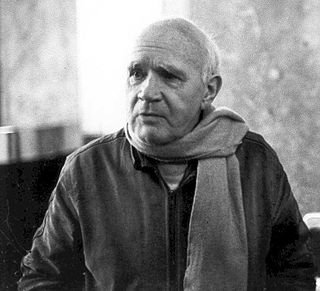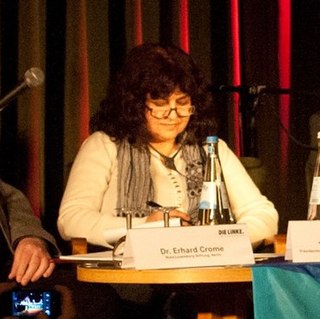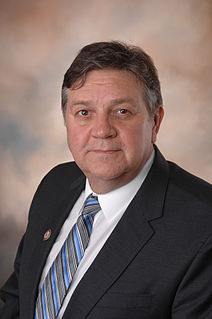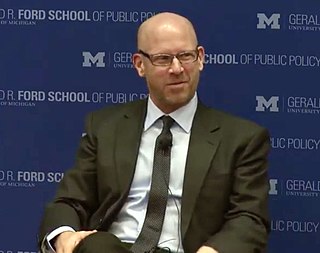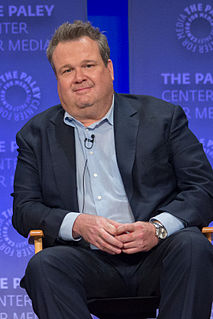A Quote by Michel Foucault
Is it surprising that prisons resemble factories, schools, barracks, hospitals, which all resemble prisons?
Related Quotes
I think part of why schizophrenia got linked to civil rights protest in the '60s was because mainstream society was coding threats against the smooth running of the state as insanity and treating it as such, and so as that happens you see the evolution of a process in which people with schizophrenia are increasingly feared and our hospitals, particularly the kind of hospital that I look at in the book become to look more and more like prisons, to the point where many of them including the one I talk about actually become prisons.
Any society's insistence on how it takes democracy seriously can, in fact, be measured by the way it treats its children. And if we take that index as a measure of the United States, it's utterly failing. You have young people basically who - in schools that are increasingly modeled after prisons. You have their behavior being increasingly criminalized. And one of the most atrocious of all acts, you have the rise of debtors' prisons for children.
The war on drugs causes other supplemental crimes to take place because of the original illegality of it. But then again, that's the other reason that they're fighting it is the corporate prisons they have now. Because they've privatized all our prisons, corporations have to make money, and the only way they can make money is, I believe, the prisons have to be at least 80-90 percent full. That's why the United States - which is home of the brave, land of the free - we have more people in prison than any other country in the world.





